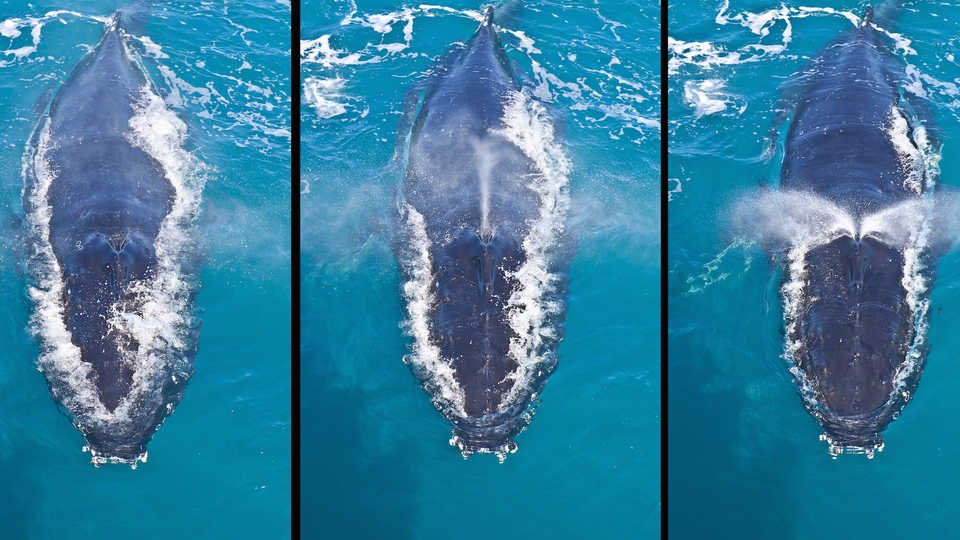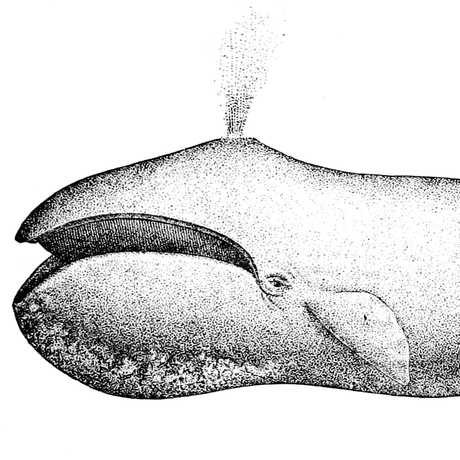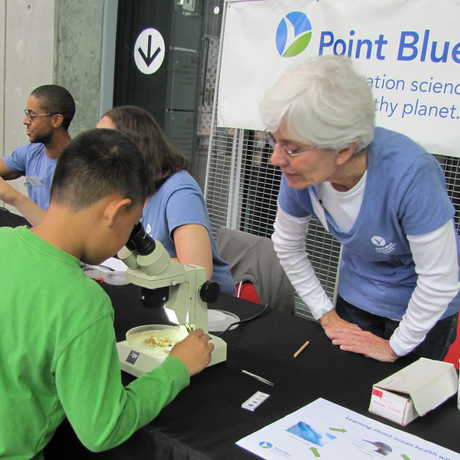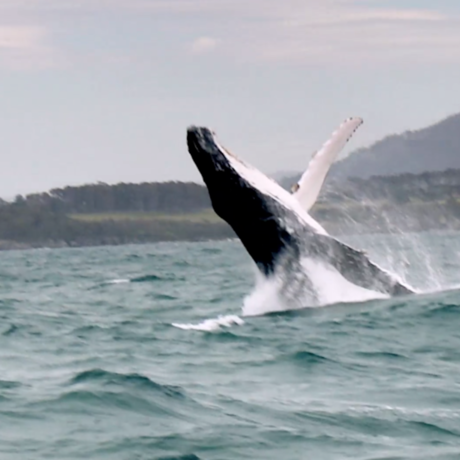Science News
Saving Whales and Fishermen

Two weeks ago, California passed legislation that is good news for both whales and crab fishermen off of our coast. Initiated by Senator Mike McGuire, SB 1287 will help protect whales by removing lost and abandoned crab fishing gear from the ocean. It’s estimated that thousands of traps called crab pots are lost every season and these pieces of gear often have hundreds of feet of rope attached. Not only is lost gear expensive for the fishermen, it creates marine debris and entanglement hazards for whales and other marine life.
This year has seen a huge number of whale entanglements, says Kathi Koontz, Director of California Whale Rescue. Since January, there have been 61 reports of entangled whales—last year there was a total of 61 for the entire 12 months. (Koontz’s work to free entangled whales was featured in our “Saving Whales” video produced in 2014.) “Traps and pots are the most common entangling gear found on whales, with the highest reports coming from the Dungeness crab fishery,” she says. “For 2016, more than 30 percent of the reports were confirmed Dungeness gear, with more than 60 percent of reports if you include other trap fisheries and suspected pot and trap gear in the numbers.”
While California Whale Rescue supported this legislation, Koontz says that Senator McGuire really deserves the credit, along with the fishermen. “No one wants to catch (or harm) a whale,” she says. In fact, crab fishermen continue to take the lead on the whale entanglement issue and many already take part in a voluntary pilot project initiated two years ago—approximately 1,500 lost crab pots have been collected in that program. SB 1287 builds upon the successful pilot project by advancing a statewide solution to the growing problem.
“The Dungeness crab fishery is in the top tier of California’s commercial seafood catch and the entire industry has weathered a challenging few years, including the historic delay of last year’s Dungeness crab season,” says Senator McGuire. “This gear retrieval program will be a great step forward in cleaning up our oceans and making a safer environment for the people who work the Pacific for their living and the whales and marine life that call the ocean home.”
Koontz echoes this thought. “I'm really excited about the cooperation with the fishermen. The crab season opens in November. While gear is being prepped, fishermen representatives are sharing a best practices guide and encouraging each other to fish smartly and minimize excess line in the water. We're also trying to develop models and real-time tracking to monitor the whales and encourage gear to be set in other locations.”
How will the new legislation change existing practices?“Today, it is illegal to touch another fishermen's gear,” Koontz explains. “Therefore if you see lost or derelict gear, you can't pick it up. It stays in the water as marine debris. The more gear in the water, the higher the chances of entangling something. This bill will allow fishermen to pick up another fisherman’s gear, after the season closes. The fisherman gets paid for picking up the gear, and the other fisherman pays to get his or her gear back.” All gear has buoy tags to identify the pots’ owners, a requirement that predates the new legislation.
The new law is a great start to mitigating this problem, says Senator McGuire. “In light of the record number of whale entanglements over the last several months, this legislation will provide us with the retrieval programs to ensure California’s beloved humpbacks and blue whales will have the protection they need to thrive.”
Image: Michael Dawes/Flickr


